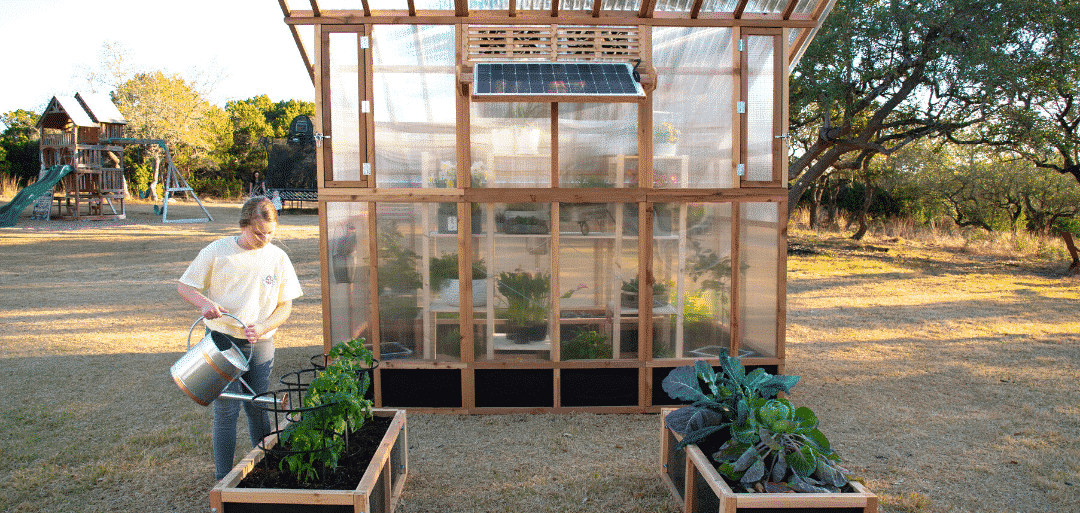
Gardening in Raised Garden Beds comes with a number of positive outcomes when it comes to successfully growing your crops. As with any backyard gardening work, a raised garden bed still requires a great deal of care to ensure your flowers or veggies grow successfully. Follow our 4 plant care tips for raised garden beds to learn how you can best care for your garden beds this season!
Know when to Water
Although this may seem obvious regardless of your gardening experience, it is still one that is easy to overlook. Raised garden beds drain more quickly, which is great for any unexpected rainy days, however, this also means keeping a watchful eye and testing your soil frequently to prevent your crops from drying out.
It’s not always apparent when your veggies and flowers need to be watered again with a layer of mulch. A good rule of when to water your raised garden bed is if your soil is dry one inch from the top.
Although you may get into the routine of watering your plants daily, it’s important to know when you’ve over-watered too. Overwatered plants will usually start wilting, developing spots, or even turn into mush!
Pest Control
Although your garden will now be away from low-ground contact, your plants will still be viable to pests. If the thought of using any form of pesticide isn’t a preferred choice, then you may find comfort in knowing that particular flowers or herbs may be the solution to pest troubles.
When gardened together, some flowers may keep bugs as well as larger pests, like rabbits, away. Flowers such as Chrysanthemums, Mint, and Lavender can do a great deal to help ward away ants, mosquitos, and other leaf-loving pests. Not only will your plants be protected, but the extra pop of color will make it even more admirable. For more information on what flowers work best in warding off particular pests, click here!
If you have visits from deer or even your loved chickens, then Wildlife Covers may be an even beneficial addition to your raised garden bed goals.
Garden with Nutrients
One of the key factors that determine the success of your garden is the soil you use. Though there are a number of ratio preferences when it comes to layering your garden bed, it’s always important to at least layer the last 6″ to 12″ of your bed with higher quality organic raised bed soil. If possible, creating and using compost is an excellent nutrient-dense addition to your garden bed. For more information on how to get started on composting, click here!
After incorporating the right nutrients into your garden bed soil, you may also consider additional fertilizers throughout time. Some of the best natural fertilizers can be found and made from leftover food scraps, without the need for composting. For a healthy plant boost of nutrients, consider these homemade fertilizers!
Always Add Mulch
Considered one of the final and most important steps for layering your raised garden bed is the addition of mulch. The benefits of adding mulch to your garden beds include moisture retention, limited weed growth, and improved soil structure to name a few! However, depending on your local climate and what you’re growing, certain mulches fair better than others. Mulches can come both in synthetic and organic options and can oftentimes be collected from your very own backyard.
Organic mulch varieties can range from pine needles, grass clippings, and shredded leaves. Over time these organic options will decompose and add to the overall organic content in your garden bed. Heat-loving plants however may benefit greatly from a black fabric mulch, whereas cold-loving plants will grow best with organic mulch. Depending on where you place your garden bed, 2-3 inches of organic mulch is best, however, if your garden is in a non-shaded area, up to 5 inches may be suitable.
We hope you enjoyed learning more about how to care for your raised vegetable garden beds. Have questions or comments regarding anything mentioned in this article, please feel free to email us at support@roostandroot.com
Interested in learning more about our Raised Garden Beds? Check out this Raised Vegetable Garden Overview Video!


